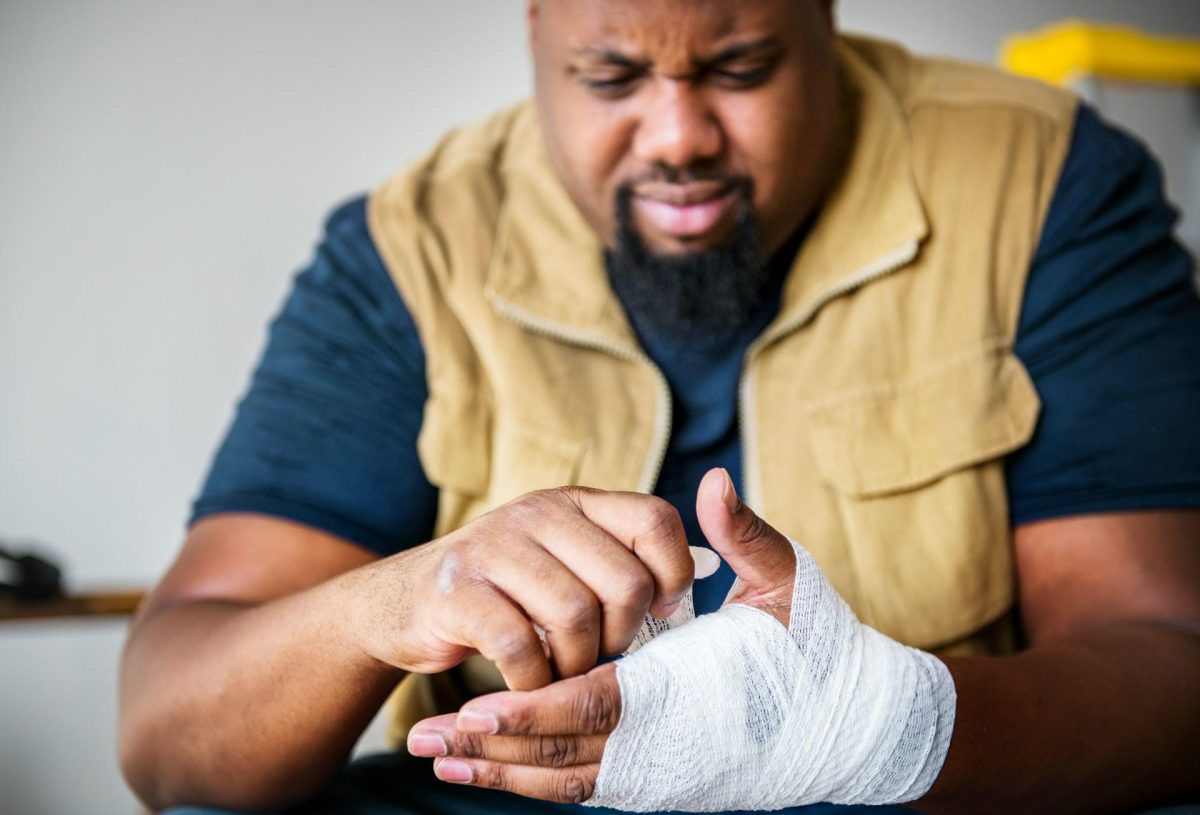Choosing the right personal injury lawyer in Hamilton is essential for effectively handling your case. With a variety of experienced firms available, individuals can find legal representation tailored to their specific situation. Whether dealing with car accident claims, slip and falls, or other personal injury matters, finding the right lawyer ensures your interests are protected.
Understanding the landscape of personal injury law firms in Hamilton can empower individuals to make informed decisions. By considering the specialized services offered by firms like Lalande Personal Injury Lawyers, clients can find advocates who are skilled and committed to fighting for maximum compensation.
Selecting a Qualified Hamilton Personal Injury Lawyer
When choosing a personal injury lawyer in Hamilton, it’s essential to consider the lawyer’s credentials, client testimonials, specializations in personal injury, and their consultation process. A thorough evaluation in these areas ensures a competent representation for your case.
Credentials and Experience
Evaluating a lawyer’s credentials involves reviewing their education, licenses, and the length of their practice. A lawyer with significant experience in personal injury cases will likely have honed their skills in negotiating settlements and understanding local laws. This expertise is often demonstrated by years of successful practice and a solid track record, such as recovering substantial amounts for victims. It’s important to confirm that the attorney has relevant qualifications and accreditation, as these indicate a strong foundation in legal practice.
Client Testimonials and Case Results
Past client feedback and documented case results provide insights into a lawyer’s ability to achieve favorable outcomes. Reviews from previous clients can shed light on a lawyer’s professionalism, empathy, and effectiveness. It is helpful to consider case outcomes similar to yours, as they reflect the attorney’s skill in handling comparable scenarios. Successful cases, especially those with high recoveries, showcase a lawyer’s competence in securing rightful compensation for their clients.
Personal Injury Specializations
Choosing a lawyer who specializes in personal injury law is crucial for addressing the unique challenges of these cases. Specialization means the lawyer is well-versed in the nuances of personal injury claims, such as understanding medical complexities and insurance negotiations. This expertise increases the likelihood of a favorable outcome. Lawyers dedicated to personal injury law may also have specialized resources and strategies tailored to these cases, ensuring clients receive the attention they deserve.
Initial Consultation Process
The initial consultation is a critical step in selecting the right lawyer, providing an opportunity to discuss case specifics and evaluate the lawyer’s approach. During this meeting, the lawyer should demonstrate a clear understanding of personal injury law and provide an honest assessment of your case’s potential outcomes. It’s beneficial if the law firm offers free consultations, reducing the financial burden on potential clients. This process helps clients gauge the lawyer’s communication style and commitment to their cases.
Navigating Your Personal Injury Case
Handling a personal injury case involves distinct steps that require thorough attention and professional guidance. Key aspects include the investigation of the incident, calculating potential compensation, negotiating with insurance providers, and preparing for trial if necessary.
Investigation and Evidence Gathering
The initial phase of a personal injury case requires meticulous investigation and evidence collection. This process typically involves gathering police reports, medical records, and eyewitness statements. Photos of the scene and expert testimonies can also be crucial.
A personal injury lawyer will play a pivotal role in ensuring that all pertinent evidence is secured. This comprehensive collection of data supports the victim’s claims and aids in painting an accurate picture of the incident, which is essential for effective legal proceedings.
Calculating Damages and Compensation
Calculating damages involves assessing both economic and non-economic losses. Economic damages include medical expenses, lost wages, and property damage. Non-economic damages cover pain and suffering, emotional distress, and loss of enjoyment of life.
An accurate evaluation is crucial for determining a fair compensation amount. Legal professionals use their expertise to quantify these damages, ensuring clients seek appropriate reparation for their losses through precise documentation and strategic planning.
Negotiation with Insurance Companies
Negotiating with insurance companies is a critical step, as these entities often aim to minimize payouts. A well-prepared negotiation strategy involves presenting a strong case backed by evidence and understanding the intricacies of insurance policies.
Experienced lawyers will handle discussions with insurers, advocating for fair settlements. This process may include countering lowball offers and using leverage through litigation threats, ensuring that clients receive the compensation they deserve without unnecessary delays.
Trial Preparation and Representation
If a settlement cannot be reached, preparing for trial becomes imperative. Trial preparation includes preparing legal documents, organizing evidence, and pre-trial motions. Legal representatives guide clients through the process, ensuring they understand courtroom procedures.
In court, representation by a knowledgeable lawyer is vital. They present arguments, examine witnesses, and handle objections. This comprehensive approach helps achieve a favorable outcome, facilitating justice for the victims while holding responsible parties accountable.



